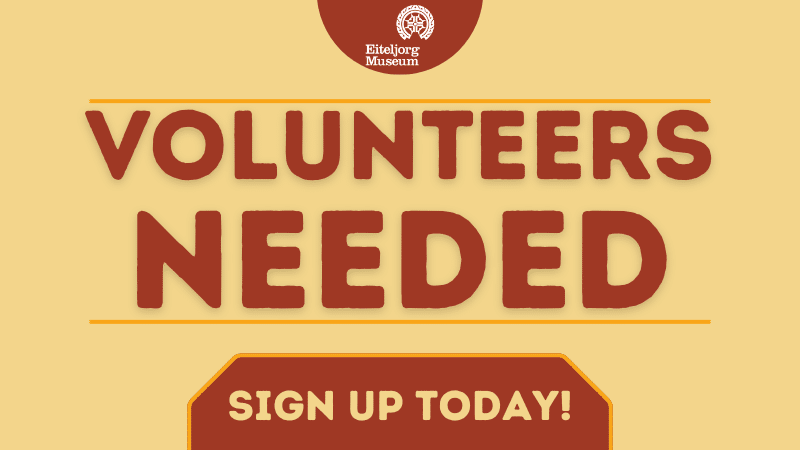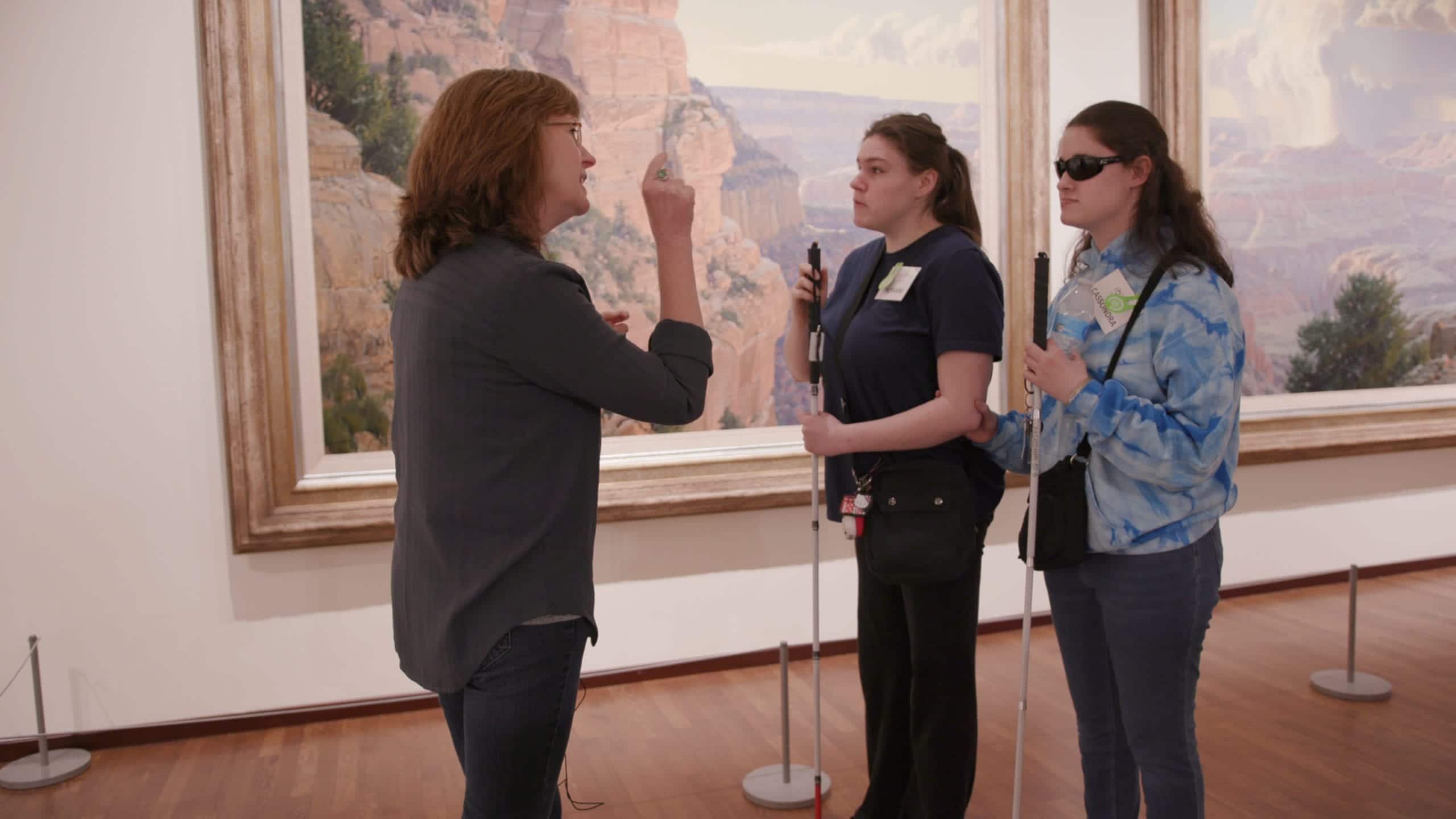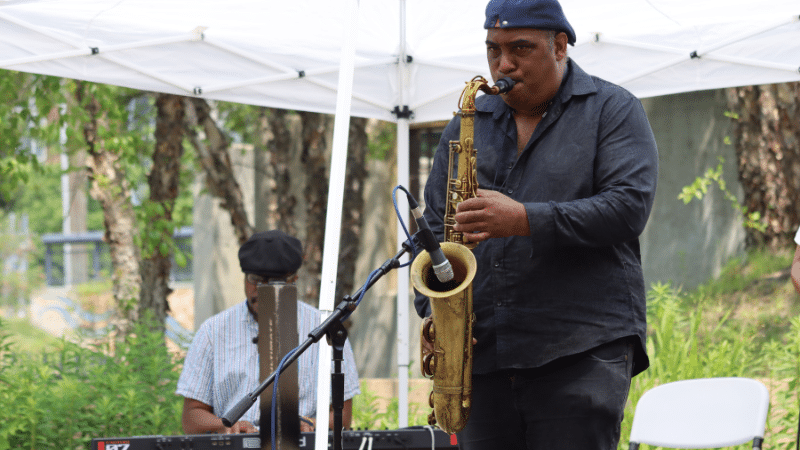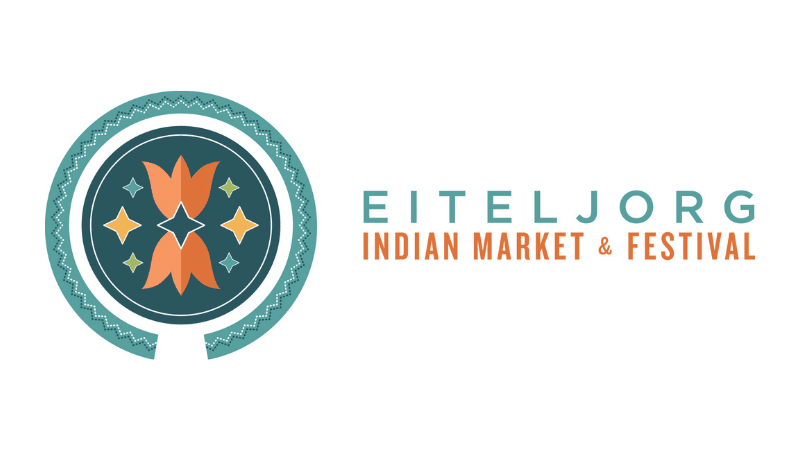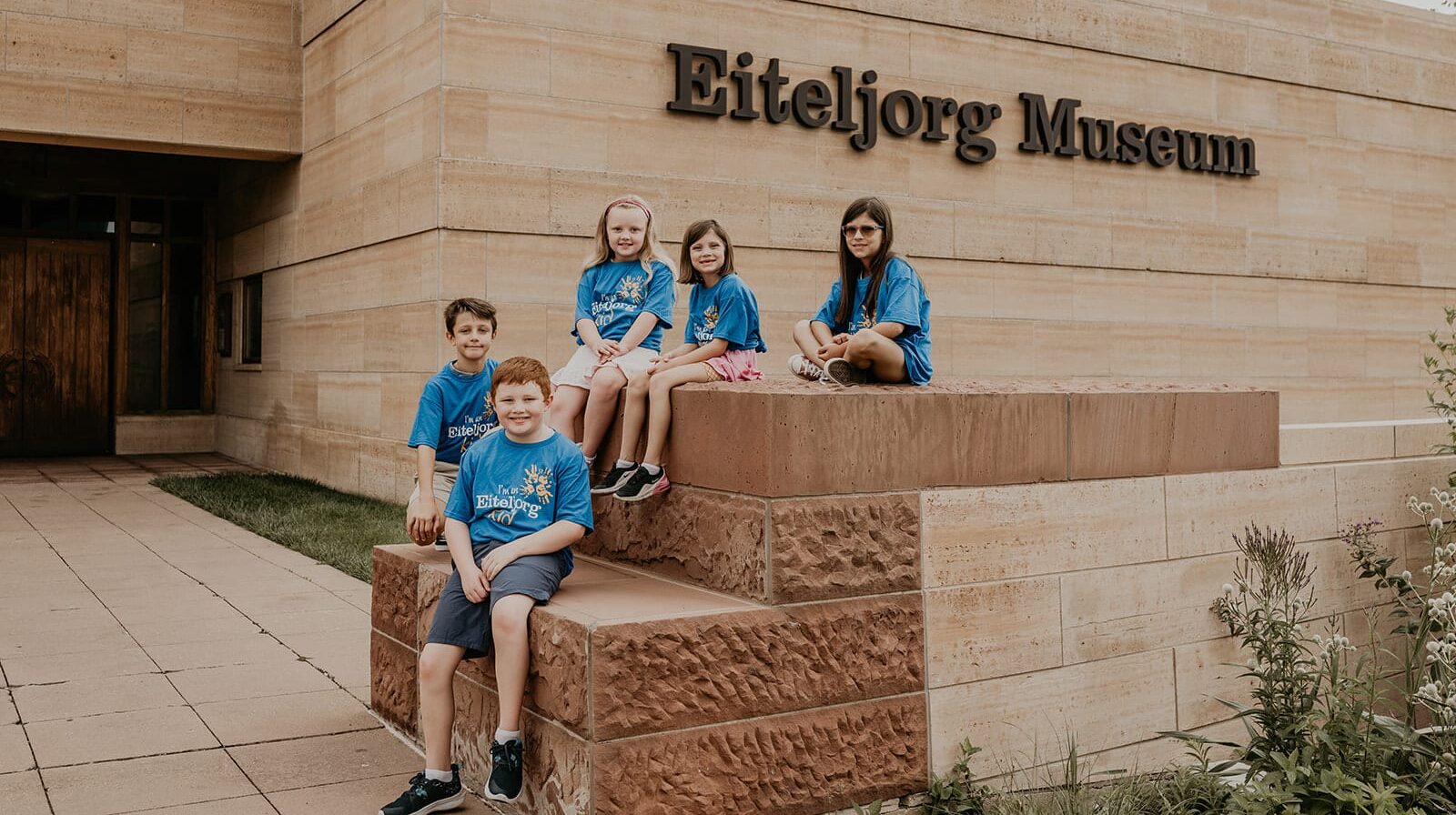Western Book Club – A Blossoming Tradition
By: Camryn Daniels, Eiteljorg marketing intern
Western Book Club (WBC) is a blossoming tradition at the Eiteljorg Museum, with five years of club meetings under its belt. When it formed in 2017, members gathered together at the museum in their shared appreciation of Western and Native literature. Since the COVID-19 pandemic, the WBC has continued in its tradition of monthly meetings, but shifted to virtual gatherings. This relocated the group from the museum building, but it has allowed people to join statewide and nationwide.
“We have about the same number of people involved with the Western Book Club as we did pre-COVID when we were meeting in person, but our attendees are spread out all over the US now,” said Alisa Nordholt-Dean, vice president of public programs and Beeler Family director of education. The museum’s public programs staff facilitates WBC meetings, handles registrations, fields questions and shares related resources.
“We have members who regularly join from California and Wisconsin. With any book club, you want to keep it small enough that everyone can contribute to the conversation,” she said.
This meeting of minds fluctuates between 10 and 15 members each month. A lively group made up of museum volunteers, museum lovers and Western literature enthusiasts create the perfect environment to foster intriguing discussion. Most of the book club members are of retirement age, but over time, younger members have joined to create a nice multi-generational mix of perspectives. At each meeting, one person is appointed the discussion leader and asks prepared questions to the group. When conversation drifts to other subjects — which frequently happens in such a friendly environment — the leader redirects the discussion back to that month’s book selection. WBC conversations generally include individual thoughts about the current book, unique historical facts, parallels with other WBC reads, and suggestions about related works.
Mark Oertel, an Eiteljorg member, has participated in WBC meetings since the first on March 15, 2017. “I grew up on Western themes on television in the ‘50s and ‘60s. The beauty of the West is unsurpassed, and the history of the West is deep,” Oertel said.
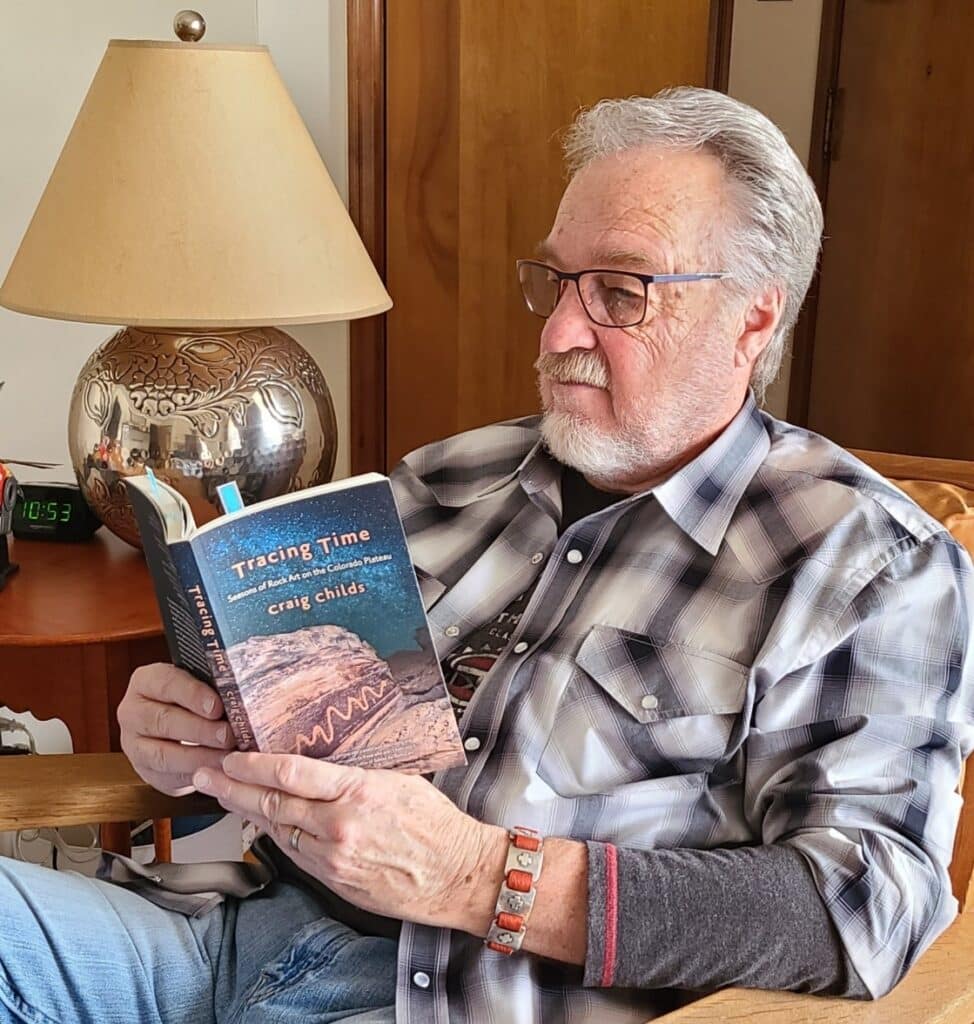
Western Book Club member Mark Oertel enjoys the club’s March 2023 book selection, “Tracing Time: Seasons of Rock Art on the Colorado Plateau” by Craig Childs. Image courtesy of Mark Oertel
“My favorite part of Western Book Club is hearing what other members think of the books,” he said. Oertel has added many books to the club’s “to-be-read” list. When considering which books to select for reading as a group, he considers all facets related to Western literature. “There are classic Westerns, contemporary Westerns, Westerns by Native Americans, biographies about Western people, Western history, and Western art. We try to keep our yearly reading list filled with a strong variety of Western literature.”
While Oertel has contributed greatly to the book list, anyone can make book suggestions and recommendations for future meetings. “We’ve selected books in a number of ways, but most recently decided to convene a selection committee,” Nordholt-Dean said. “A small group of four or five WBC members are asked to research a short list of potential reads and bring their recommendations back to the selection committee. From there, we look for a diverse selection of books in terms of subject, fiction vs. non-fiction, authors, styles, etc. Then, we set the reading list for the next year.”
Book club selections have included classic Western cowboy novels and histories and biographies of peoples of the West, as well as more cutting-edge works by contemporary Native writers. Previous titles have included Fools Crow by James Welch, The Seed Keeper by Diane Wilson, Riders of the Purple Sage by Zane Grey and There There by Tommy Orange (Cheyenne / Arapaho). The March 8 meeting will discuss Tracing Time: Season of Rock Art on the Colorado Plateau by Craig Childs, a book that details the author’s observing ancient Native petroglyphs, written in the stone of the desert Southwest — “bighorn sheep pecked behind boulders, tiny spirals in stone, human figures with upraised arms shifting with the desert light, each one a portal to the open mouth of time.” The upcoming meeting will take a deep dive into the Childs book.
Membership in the WBC is free and it meets the second Wednesday of every month via Zoom. As one of the Eiteljorg Museum’s diverse public programs, the club is dedicated to including works that represent many different cultural values, attitudes and points of view by prioritizing diverse authors and stories. The museum does not provide copies of the book; participants may use their local libraries, download the audio book, or purchase the title via their favorite book seller. All are welcome to join the book club.
For more information, email museumprograms@eiteljorg.com.

